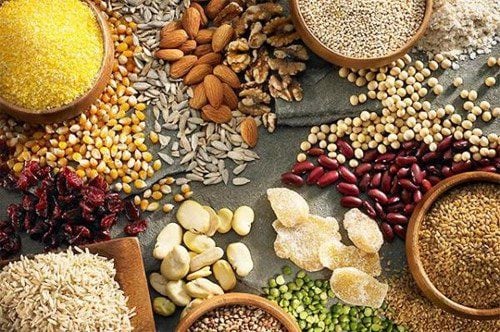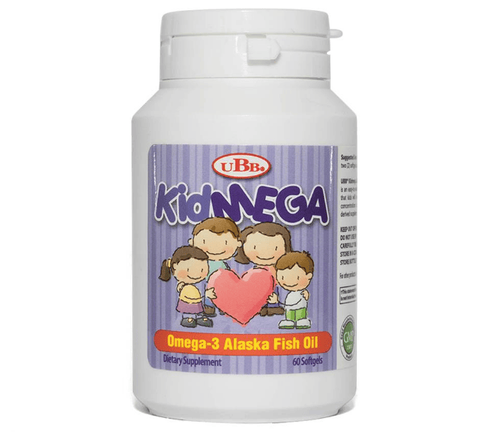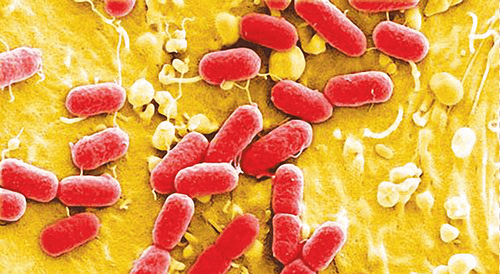This is an automatically translated article.
Articles by Dr. Dr. Phan Nguyen Thanh Binh - Head of the Department of Nutrition - Dietetics - Department of Pediatrics - Neonatology, Vinmec Central Park International General Hospital
1. What is the body's immune system?
The immune system is a natural defense system made up of a network of specialized cells such as proteins, tissues and organs. As a result, the body is able to fight off pathogens including bacteria, viruses, parasites, and fungi.
The body's immune system is scatteredly distributed in many locations of the body including: skin barrier, respiratory mucosa, digestive tract, bone marrow, spleen, lymph nodes,...
2. Nutrition helps strengthen the immune system
Reasonable and scientific nutrition provides enough energy, protein, vitamins and minerals necessary for health. Therefore, the body will work, grow - develop and ensure the functions of digestion, cardiovascular, respiratory, immune, endocrine, sexual,...
Immune system boosters include protein, vitamin A, vitamin C, vitamin D, vitamin E, selenium, iron, zinc, flavonoids, omega 3, probiotics,...
2.1. Protein (protein) To strengthen the immune system, the body needs to be supplemented with high levels of protein. This is a component of body tissues, antibodies, red blood cells, hormones,... Therefore, this substance plays a pivotal role in constituting the immune system. Protein comes from animal sources such as fish, meat, seafood, eggs, milk.. and plant sources such as mushrooms, tofu, beans, nuts,...
2.2. Vitamin A and β-carotene These two components play an important role in maintaining the integrity of the respiratory and gastrointestinal mucosa. Some foods are rich in vitamin A and β-carotene content such as: animal liver, egg yolk, papaya, carrots, sweet potatoes, pumpkin, oranges, mangoes, gac, broccoli, spinach. ...
2.3. Vitamin C Vitamin C helps strengthen the immune system by increasing the absorption of iron, participates in the structure of connective tissue, and is an antioxidant. At the same time, this nutrient participates in the metabolism-synthesis of a number of substances such as catecholamines, adrenal cortex hormones, increases the production of interferon, helps increase the body's resistance. Deficiency of vitamin C increases the risk of decreased resistance, susceptibility to infections. Vitamin C is abundant in many fresh fruits and vegetables such as: acerola, guava, orange, tangerine, grapefruit, papaya, mango, apple, grape, kiwi, tomato, cauliflower, radish, spinach, chili pepper bell, spinach...
2.4. Vitamin E The body will strengthen the immune system when there is an adequate amount of vitamin E. This nutrient has an antioxidant effect, protects vitamin A and cell membrane lipids from oxidation, participates in cell metabolism, increases the body's resistance.
Vitamin E is found in many nuts: sunflower seeds/sunflower oil, olive seeds/olive oil, soybeans/bean sprouts, sesame, peanuts, wheat, dark green vegetables like sprouts, spinach....
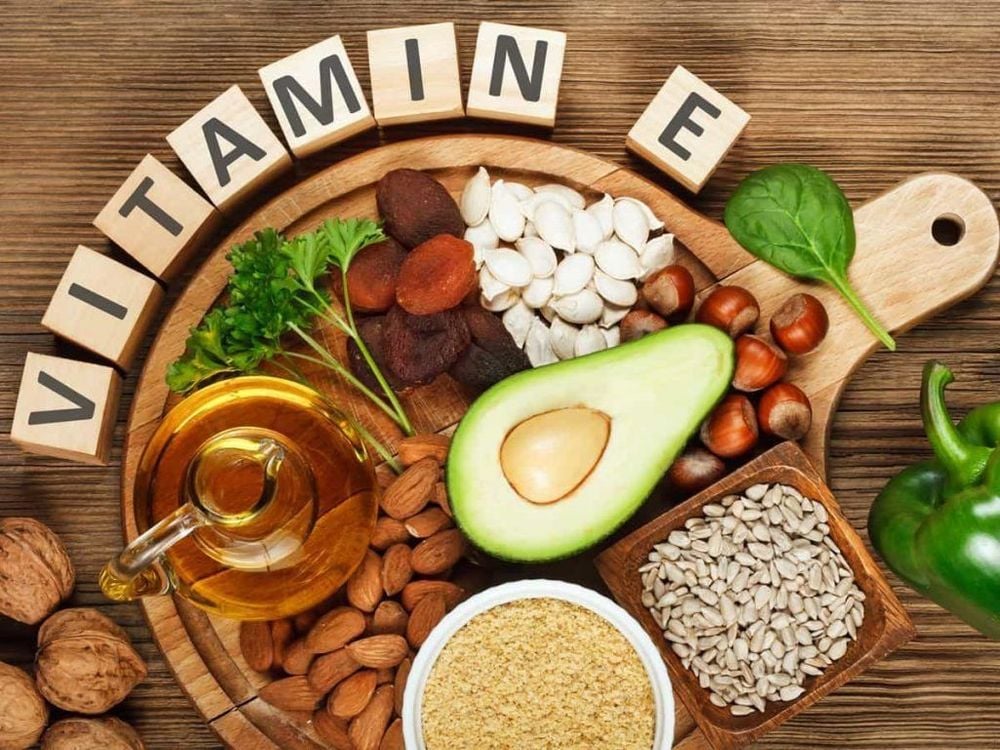
2.5. Vitamin D According to studies, vitamin D is involved in various functions of the immune system such as digestion, circulation and nerves. Vitamin D is mainly synthesized in the skin under the influence of sunlight (about 80%) and partly from the diet (about 20%). Every day, it is necessary to expose to the sun for 15-30 minutes early, and at the same time increase the use of foods rich in vitamin D such as cod liver / cod liver oil, egg yolks, fish, seafood and vitamin D supplements (dairy milk). , cereal)...
2.6. B group vitamins B vitamins are involved in the metabolism and synthesis of cells involved in immune mechanisms. Immune-boosting foods rich in B vitamins such as: rice bran, whole grains, legumes, sesame, wheat germ,...
2.7. Selenium This is a strong antioxidant, helps strengthen the body's ability to fight infections, participates in activating a number of enzymes in the immune system, detoxifying. Selenium is abundant in brown rice, germ rice, fish, shrimp, seaweed...
2.8. Iron Iron is required for DNA synthesis and cell division. At the same time, this nutrient is also involved in the process of blood formation.
Iron is found in red meat, egg yolk, liver, protein from other animal sources and some foods from plant sources such as black fungus, shiitake, red amaranth, soybean,...
2.9. Zinc Zinc helps strengthen immunity, helps wounds heal, maintains taste and smell. This substance participates in hundreds of metabolic enzymes in the body, helping to maintain the normal functioning of the immune system. You can supplement zinc through foods such as meat, fish, seafood, especially shellfish such as: oysters, crabs, oysters....
2.10. Omega 3
This is an essential fatty acid that the body cannot synthesize on its own, has an important role in fighting inflammation and improving the immune system. Immune-boosting foods rich in omega 3 such as: oily fish, sardines, salmon, basa, halibut, herring, tuna, oysters and some nuts...
2.11. Flavonoid Flavonoid also plays an important role in increasing antioxidant capacity, found in: spices such as basil, perilla, broccoli, broccoli, apple, green tea, ginger, garlic, turmeric , green leafy vegetables.
2.12. Probiotics These are live microorganisms that are beneficial for the immune system, found in yogurt, some cheeses, fermented soybeans (miso, natto)...
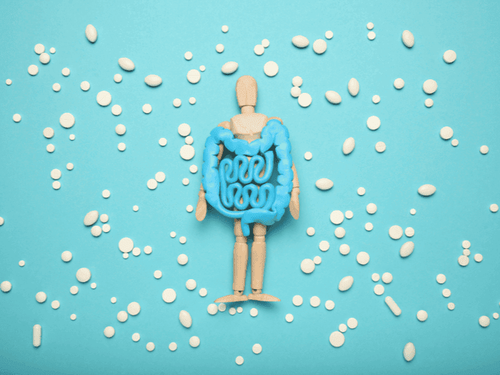
3. Other measures to strengthen the immune system
In addition to a complete, reasonable and scientific diet, a healthy, moderate lifestyle and stress control also help the body to resist disease well.
Regular exercise: Gentle, regular exercise with the right type for your health condition can help stimulate white blood cells to work better. On the other hand, this method helps to release the hormone endorphins that have the ability to reduce pain, reduce stress and sleep better, thereby improving immune function.
Get enough sleep: Enough and deep sleep helps the body relax and rest, restore health, prevent damage and weaken cells. In it, there are immune cells, thereby supporting health and resistance.
Do not use tobacco, alcohol and stimulants: Abuse of alcohol and stimulants will inhibit the function of white blood cells, reduce resistance and weaken the body's immune system.
Manage stress: When stressed, the body releases hormones like cortisol and adrenaline that weaken the immune system. Long-term stress makes people more susceptible to common to more serious diseases, including heart disease and high blood pressure. Practicing meditation or yoga is a way to reduce stress, improve health, and improve quality of life.
Vaccination: Using vaccines to stimulate the body to produce specific active immunity against a certain infectious disease. Immunization plays an important role in preventing dangerous diseases, especially those with the potential for complications, sequelae and death.
Please dial HOTLINE for more information or register for an appointment HERE. Download MyVinmec app to make appointments faster and to manage your bookings easily.






